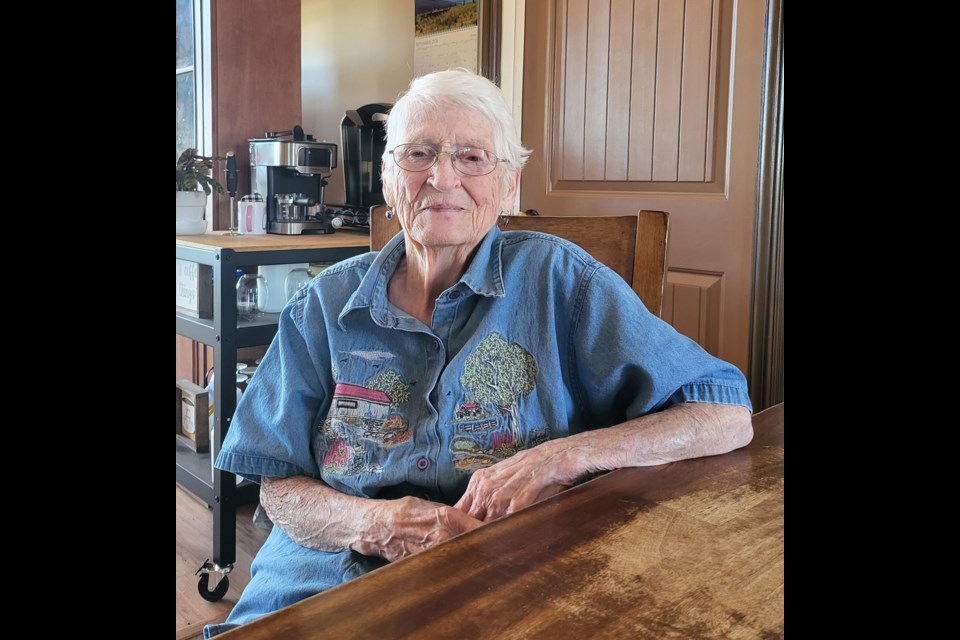VEGA – When 16-year-old Charles Carnegie Jr. lied about his age to officials to join the First World War army he sealed the fate for both him and his father.
“He came home and told his parents that he had said he was 18 years old to get into the army,” shared family member, Dorothy Rauscher, 92 years old Vega area resident.
“His dad told him he wouldn’t be going alone.”
Charles Carnegie Sr. then joined the army.
Father and son were assigned to the 52nd regiment and trained together.
They left for England from Halifax on April 18, 1916, and arrived in Liverpool on April 28.
Once the Carnegies arrived in England, they continued their training and were assigned to the second battalion on June 8.
They left to join their second battalion unit on June 10 in the trenches.
The soldiers received $16 dollars a month pay that Carnegie Sr. sent home to his wife, Caroline Carnegie.
Carnegie Jr.’s medical records indicate he was shot in the head while in the trenches in Belgium on June 13, 1916, and died the next day, days after reaching his battalion in action.
Carnegie Jr. signed his military will only five days before being wounded.
He is buried in the Lijssenthoek Military Cemetery in West Flanders, Belgium.
Carnegie Sr. was killed in action months later on Sept. 9, 1916.
He was 46 years old. He is buried at the Pozieres British Cemetery in Picardie, France.
The family did not receive word until December 1916, months after their deaths.
“They got word the day before an aunt was to get married and she wanted to delay the wedding,” Rauscher explained.
“Her mother insisted that the father and son would want the marriage to go through and didn’t want the deaths to be bad luck for the bride.”
Rauscher shared that her grandfather, Carnegie Sr., and a soldier from England made a pack to take care of each other’s family should anything happen.
After the war the soldier from England came to Canada and “took up” with Rauscher’s grandmother.
The family originally immigrated to Canada from Scotland.




